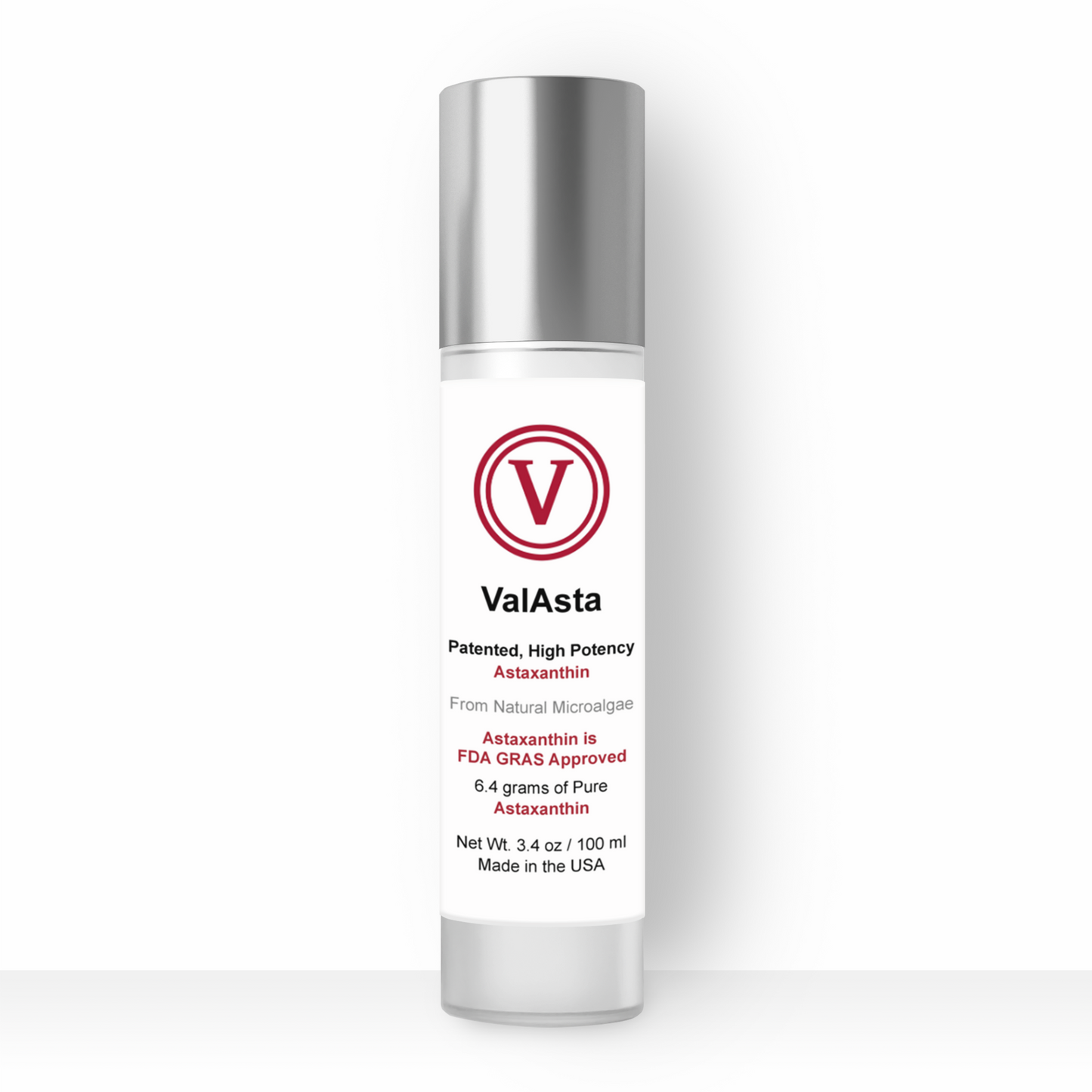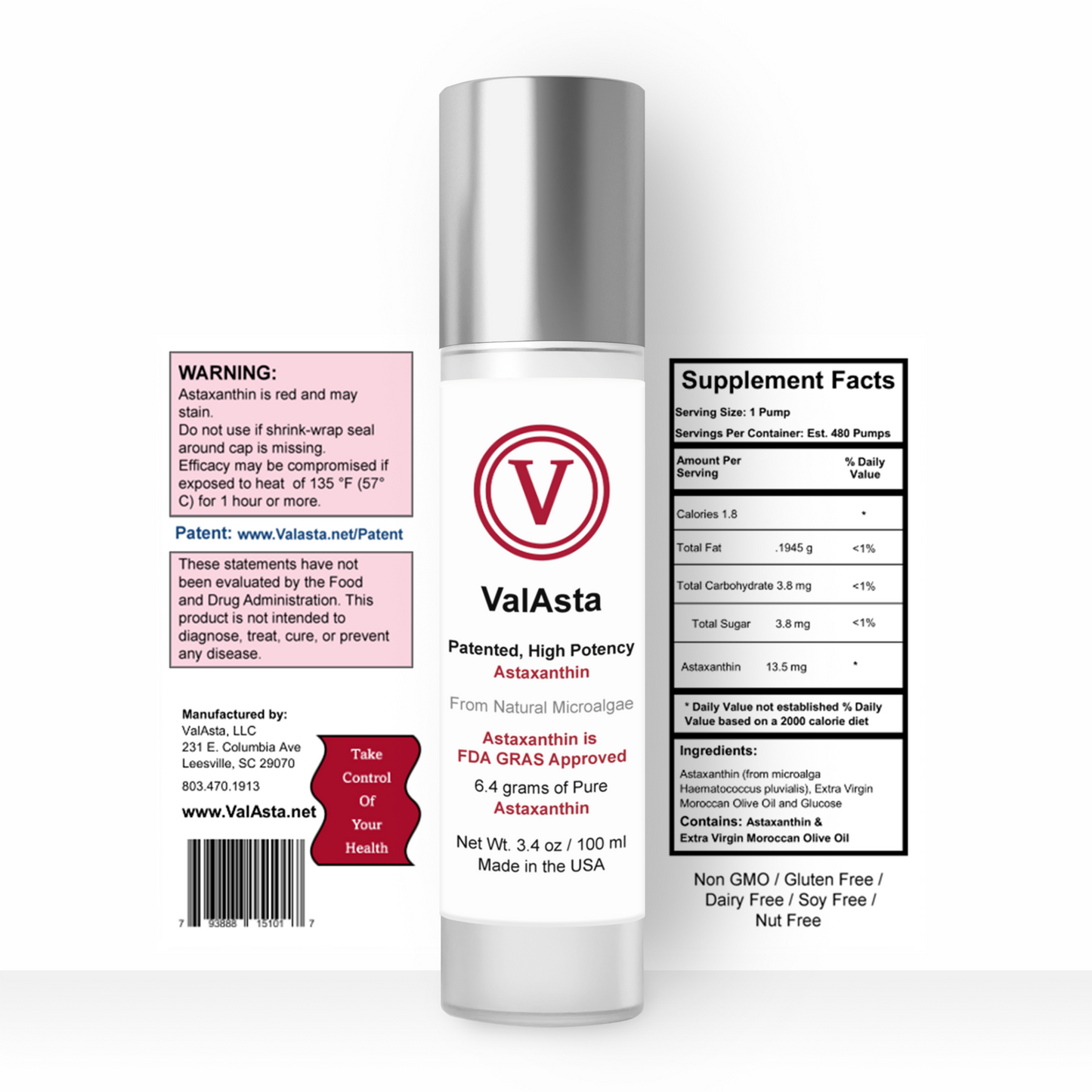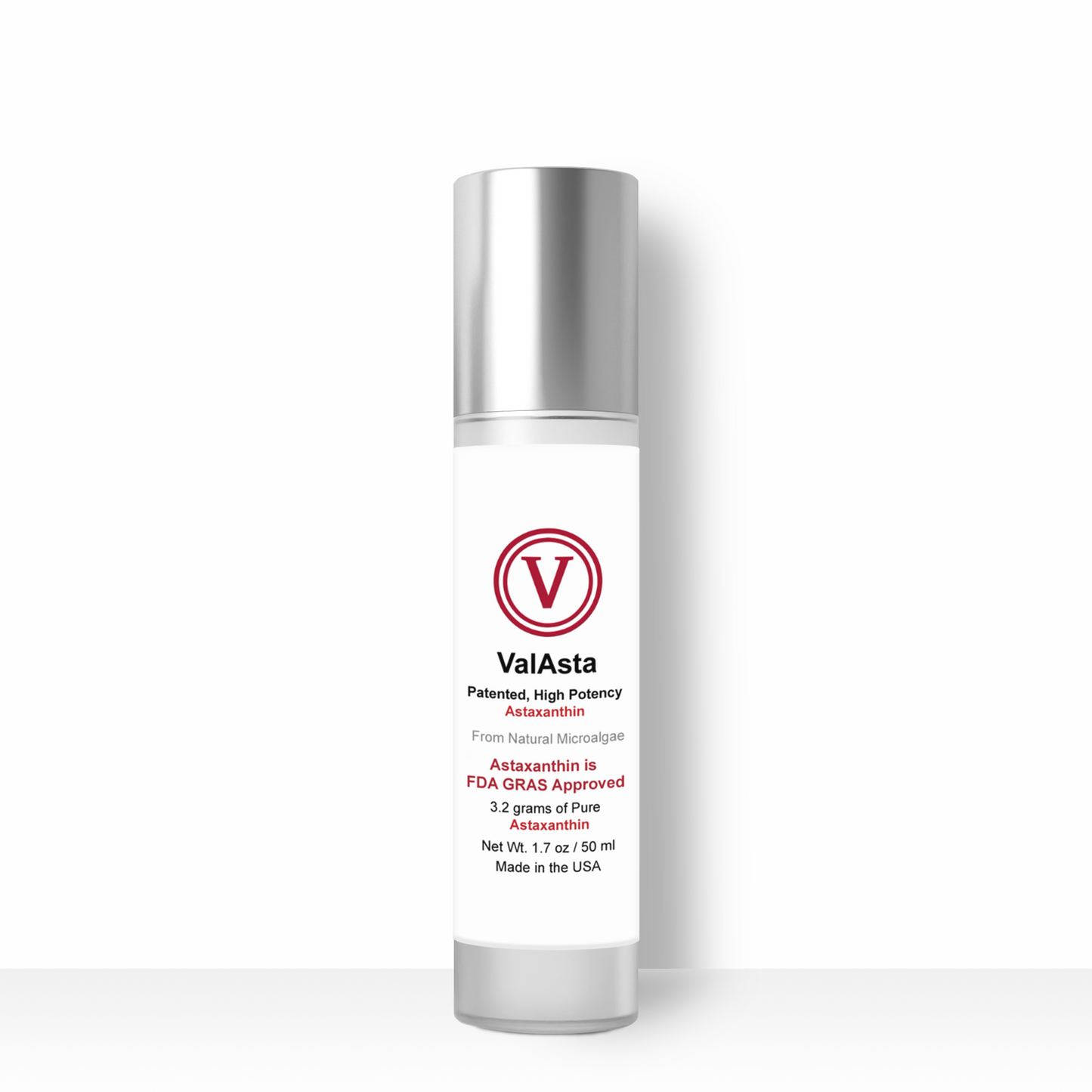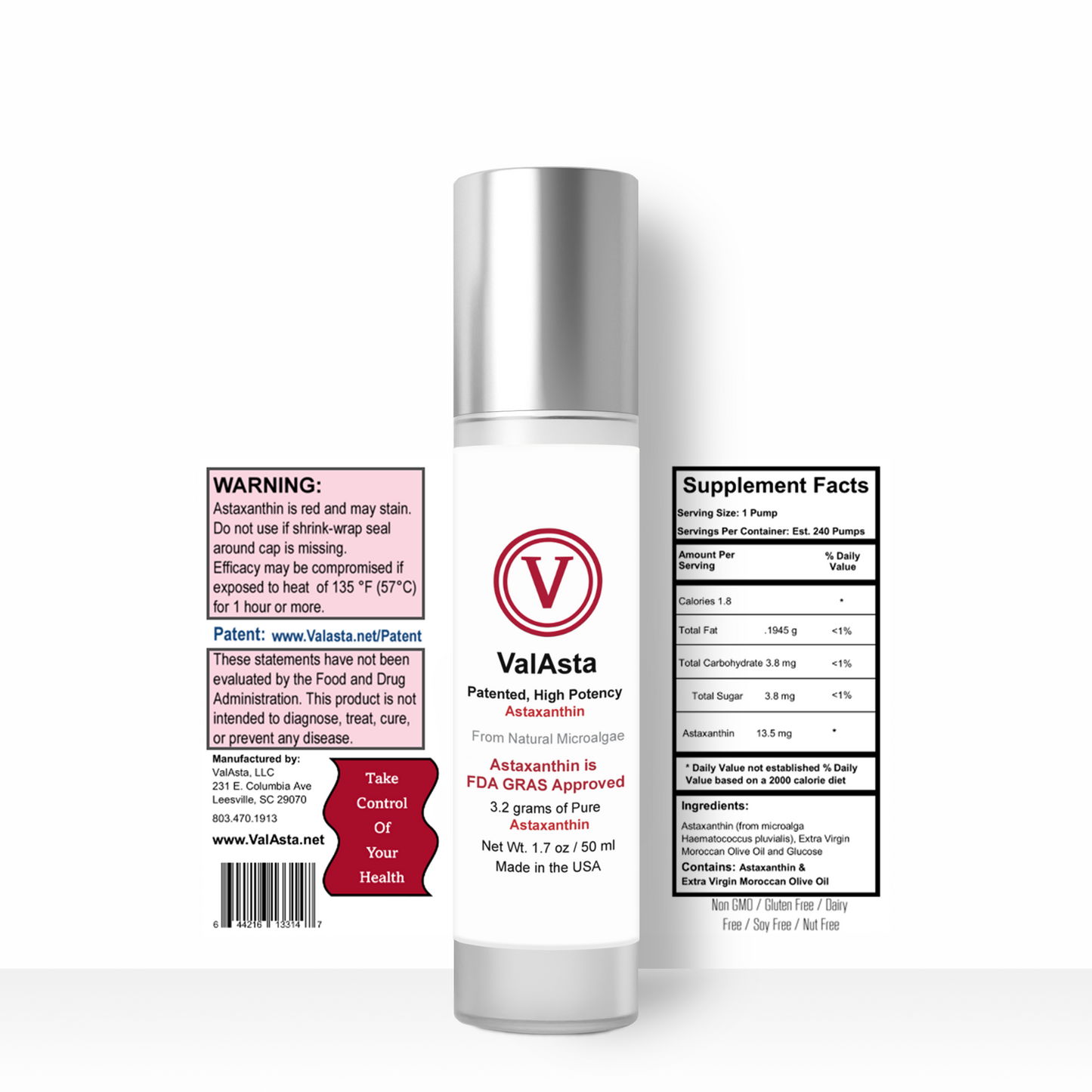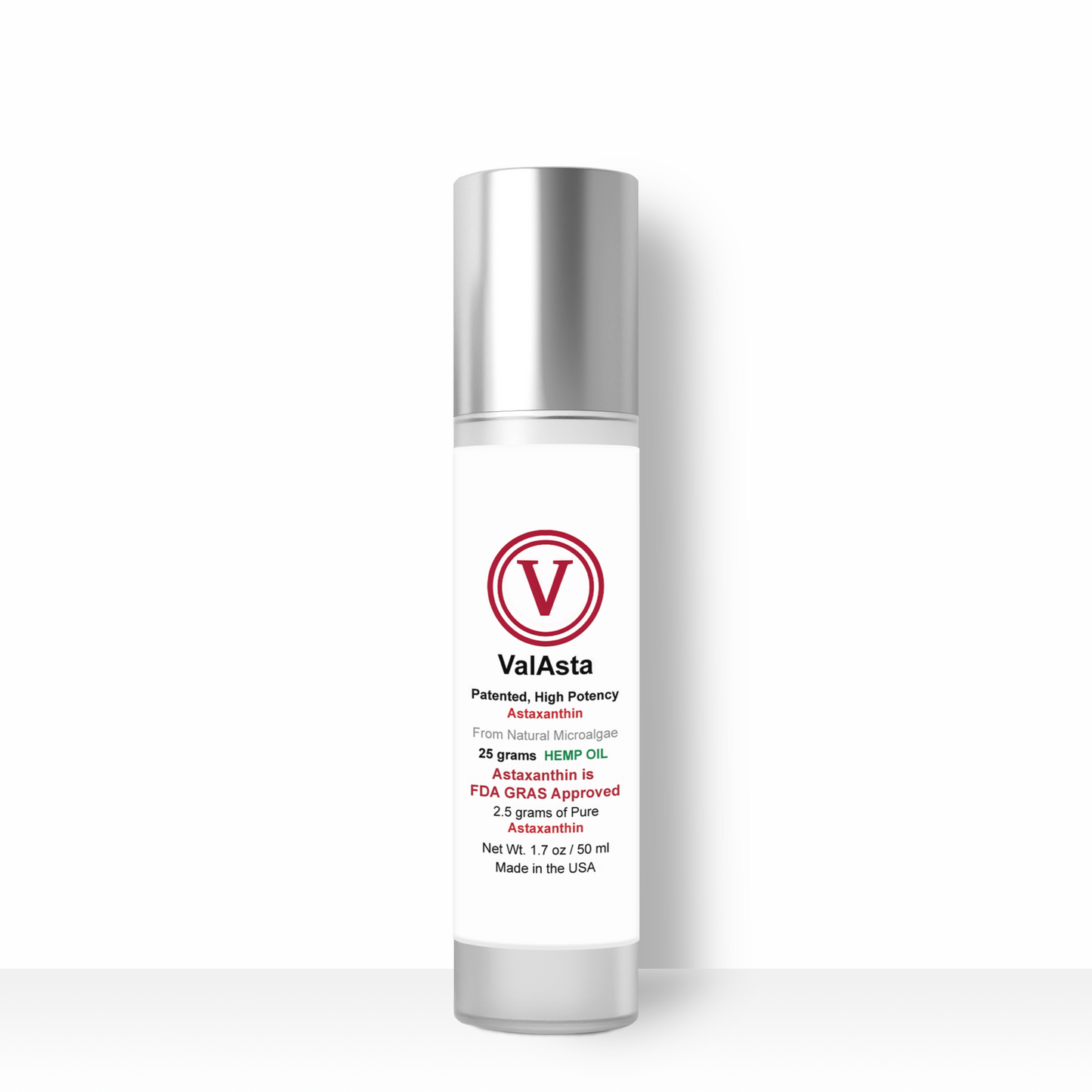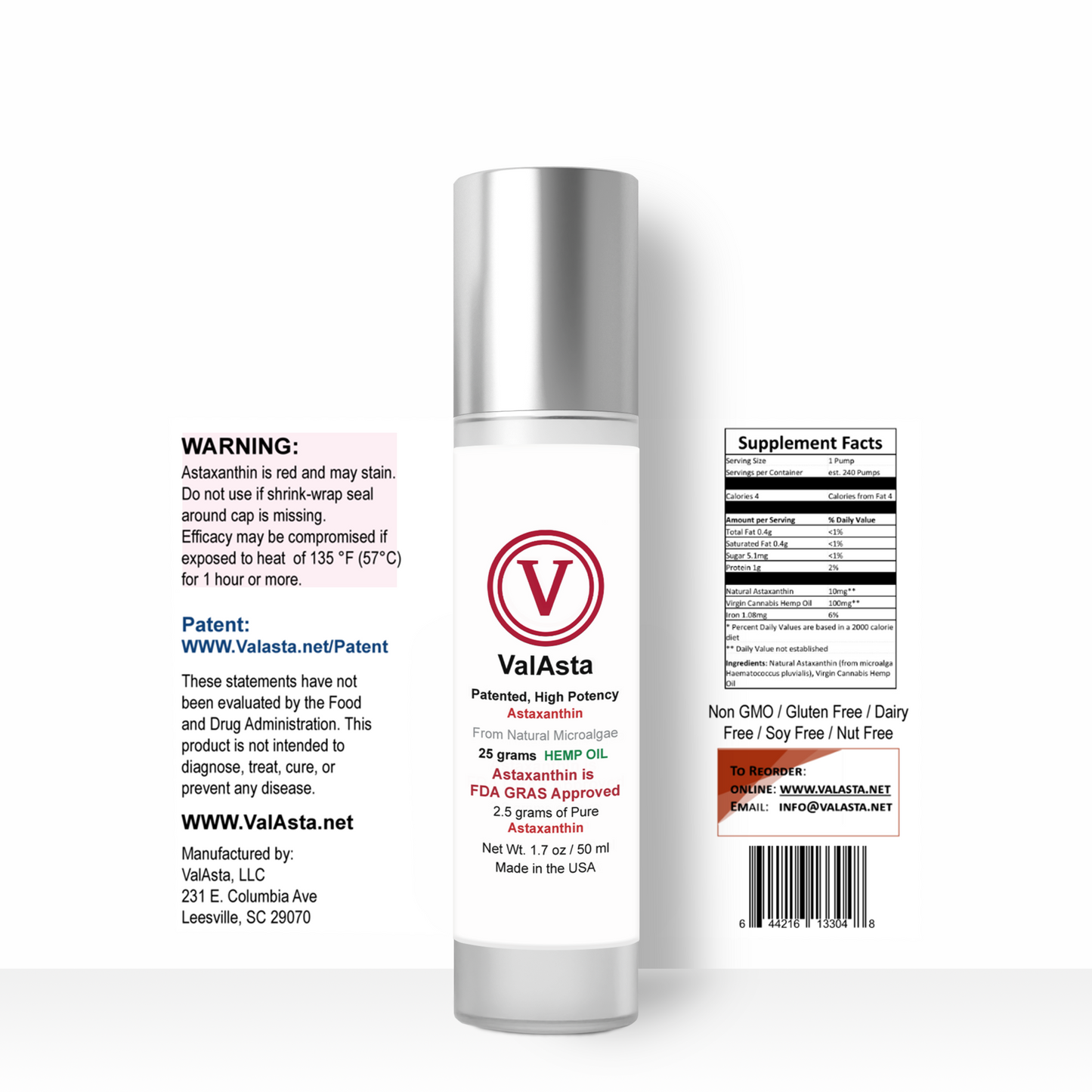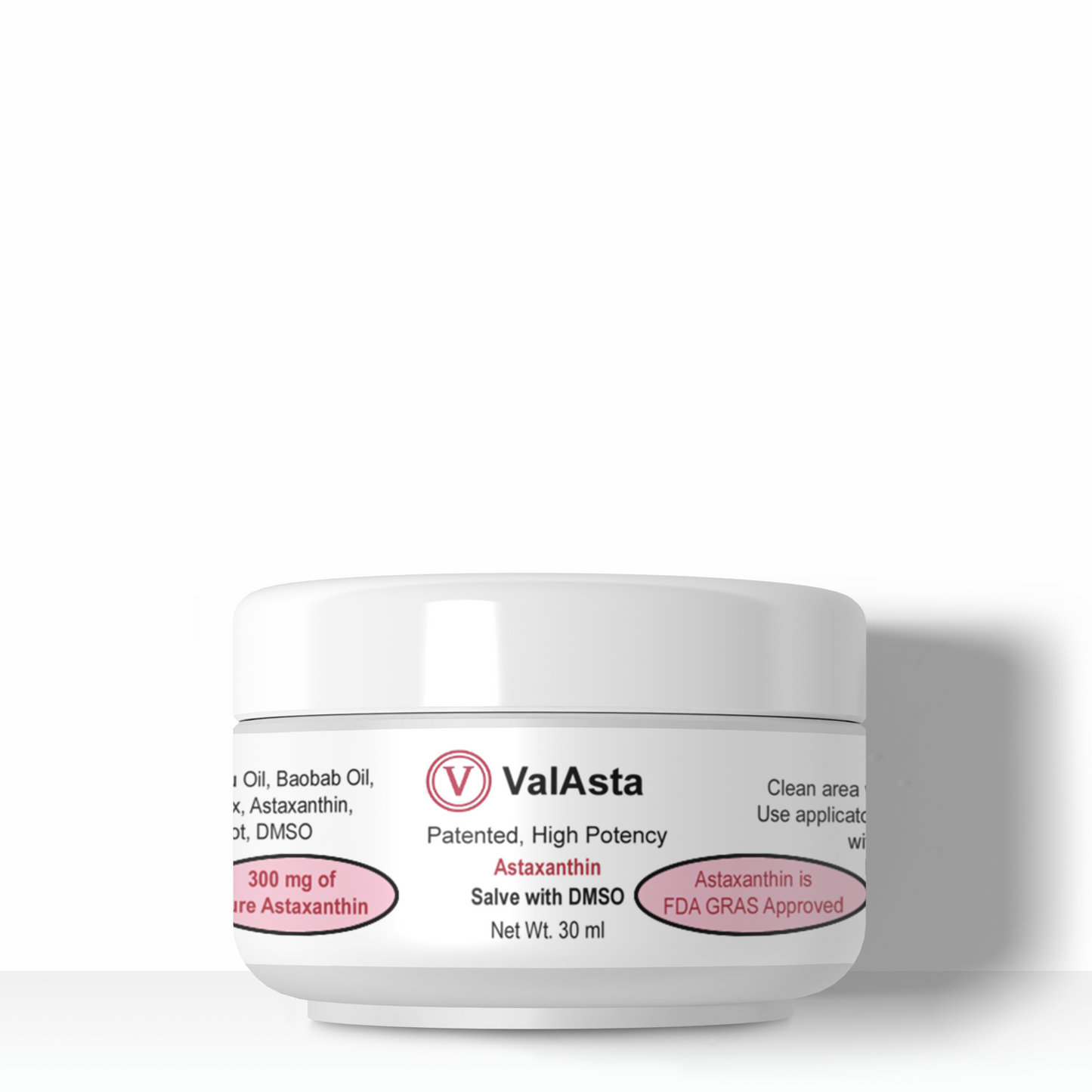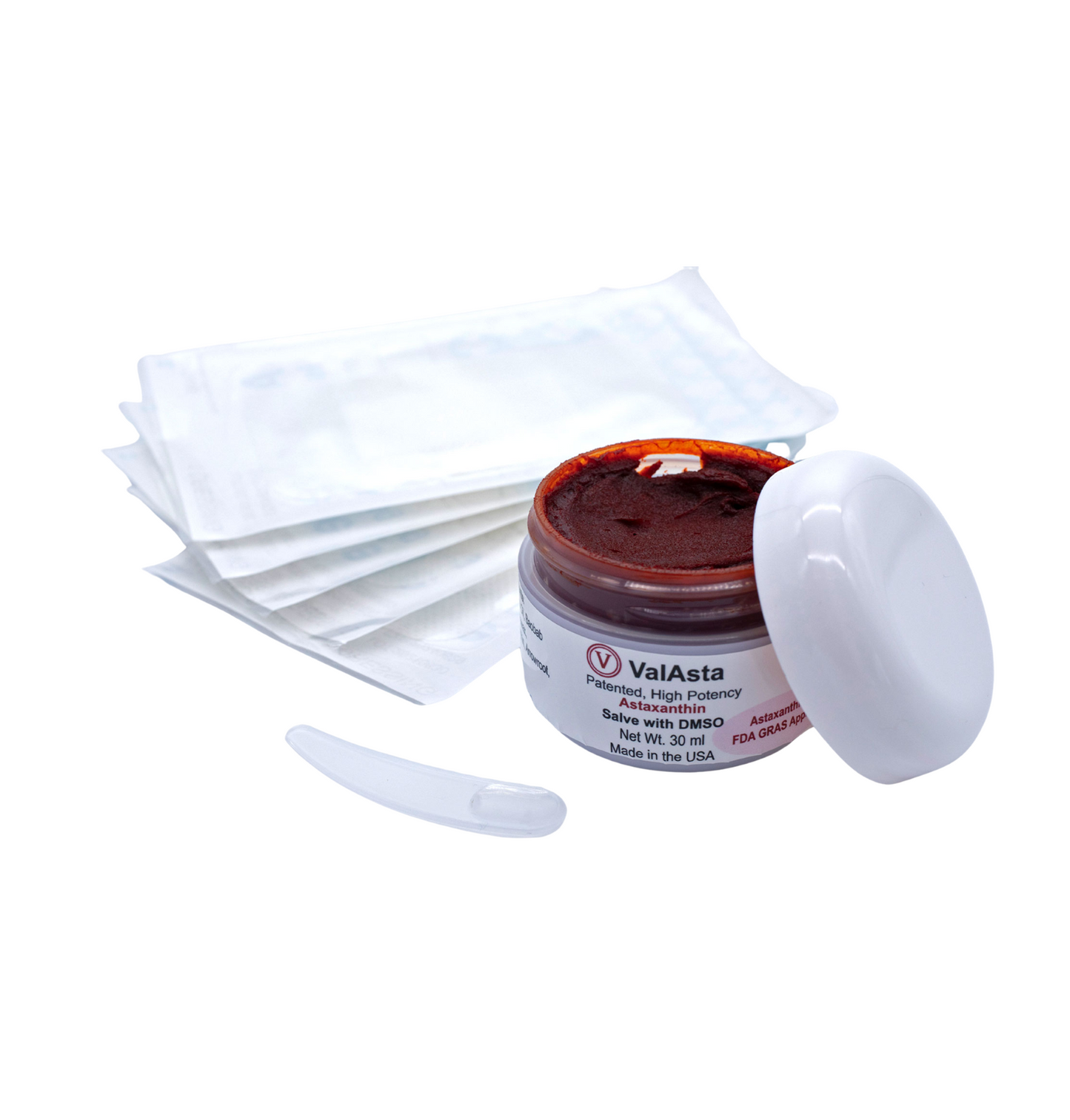Ovarian Cancer

Ovarian cancer is caused by Reactive Oxygen Species (ROS) from chronic inflammation which can be related to many factors including the use of talcum powder, asbestos exposure, and pelvic inflammatory disease (PID). Ovarian cancer often goes undetected until it has spread within the pelvis and abdomen. At this late stage, ovarian cancer is more difficult to treat. Early-stage ovarian cancer, in which the disease is confined to the ovary, is more likely to be treated successfully.
Therefore, early detection is necessary. The attached study claims the conditions, described above, will increase local inflammation leading to ROS which have been implicated as ovarian cancer risk factors. We recommend obtaining a High-Density CRP (HD-C-Reactive Protein) test annually beginning at age 40 which can detect chronic inflammation in the body before the cancer can advance. If the HD-CRP is over 3 you should be on an anti-inflammatory to reduce the inflammation.
We recommend ValAsta. ValAsta is more readily absorbed than other astaxanthins on the market due to its patent.
Late-Stage Symptoms
- Bloating.
- Pelvic or abdominal pain.
- Trouble eating or feeling full quickly.
- Feeling the need to urinate urgently or often.
- Fatigue (extreme tiredness)
- Upset stomach.
- Back pain.
- Pain during sex.
- Constipation.
- Changes in a woman's period, such as heavier bleeding than normal or irregular bleeding.
- Abdominal (belly) swelling with weight loss.
ValAsta has helped with many other common inflammatory conditions:
Is Astaxanthin Safe?
The safety of astaxanthin administered orally was assessed in a medical trial undertaken in healthy adults. Volunteers were administered astaxanthin or placebo for eight-weeks. The authors concluded that healthy adults could safely consume natural astaxanthin.
In another study, high concentrations of astaxanthin were tested with blood taken from volunteers, 8 of whom were taking aspirin and 12 who were not. Even medical grade concentrations of astaxanthin had no adverse effects.
No significant side effects have been reported so far in published human studies in which astaxanthin was administered to humans.
Are There Any Side Effects?
- Astaxanthin has been classified as a generally safe supplement in the USA.
- ValAsta is 100% natural and has no serious side effects.
- The only side effects we have observed are a slightly reddish stool and in rare cases some stomach discomfort.
Benefits of ValAsta
- The only Patented astaxanthin for treatment of diseases.
- The world’s strongest natural anti-inflammatory.
- The world’s strongest natural antioxidant.
- 6000 x stronger than vitamin C
- Used to reduce chronic inflammation.
- Used as an anti-ageing supplement.
- Used as a health & fitness supplement.
- Protects health at a cellular level.
- Neutralized free radicals or ROS.
 Made in the USA
Made in the USA




















